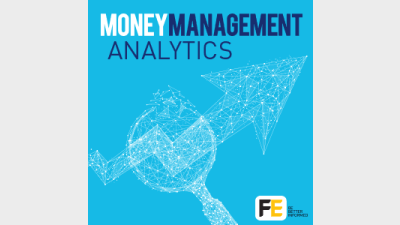Departures weigh on Ausbil Micro Cap



The April departure of two Ausbil Micro Cap Fund personnel left the fund with average returns for its three-month performance period, to July, 2017, at 2.48 per cent, which were below the sector’s average (3.1 per cent) for the Australian mid or small caps, according to FE Analytics’ data.
However, the fund’s annualised returns from its inception to April, 2017 were 25.06 per cent which was much higher than the sector average (9.25 per cent) for this time period, the FE Analytics data found.
In April this year, the firm announced changes at the fund and a departure of two MicroCap personnel, Tony Waters and Chris Punty who decided, after eight years of service, to “make a change for lifestyle reasons” and “take up an opportunity to manage family money/private assets”.
On Monday, Prunty and Waters announced a launch of QVG Capital and QBV Opportunities Fund which would invest in smaller Australian listed companies, with an objective to deliver strong absolute returns by investing in stocks outside the S&P/ASX 100.
The fund would target high net worth individuals and institutions.
Upon the departure of Prunty and Waters, Ausbil said there would be no changes to its Micro Cap process, which continued to invest predominantly in a portfolio of listed small and micro cap Australian equities which are chosen from outside the S&P/ASX 200 Index.
The fund also remained open to direct investors.
Recommended for you
With Evergreen funds being used by financial advisers for their liquidity benefits, Harbourvest is forecasting they are set to grow by around 20 per cent a year to surpass US$1 trillion by 2029.
Total monthly ETF inflows declined by 28 per cent from highs in November with Vanguard’s $21bn Australian Shares ETF faring worst in outflows.
Schroders has appointed a fund manager to its $6.9 billion fixed income team who joins from Macquarie Asset Management.
Evidentia’s chief investment strategist Nathan Lim has announced his retirement after a 30-year career.











